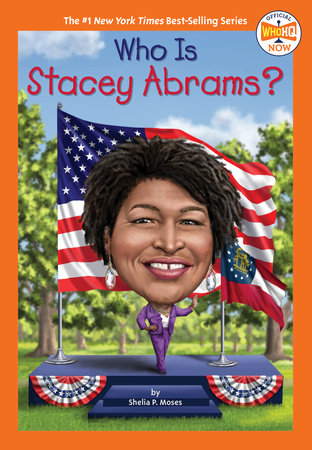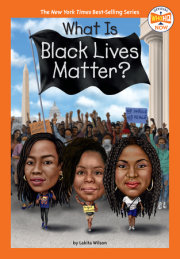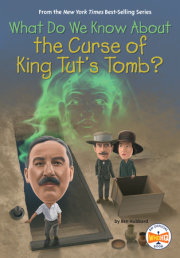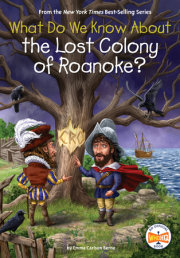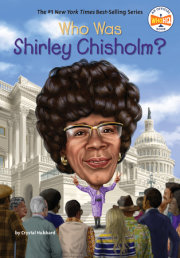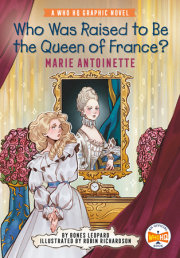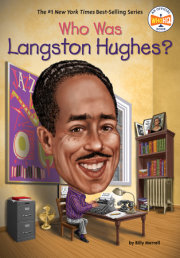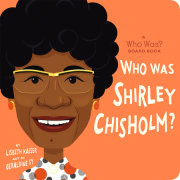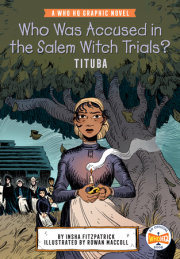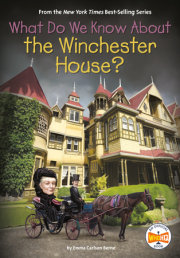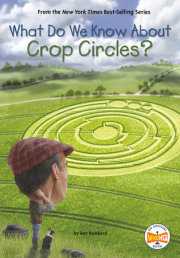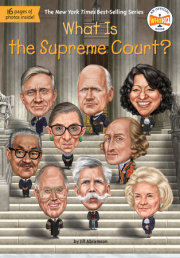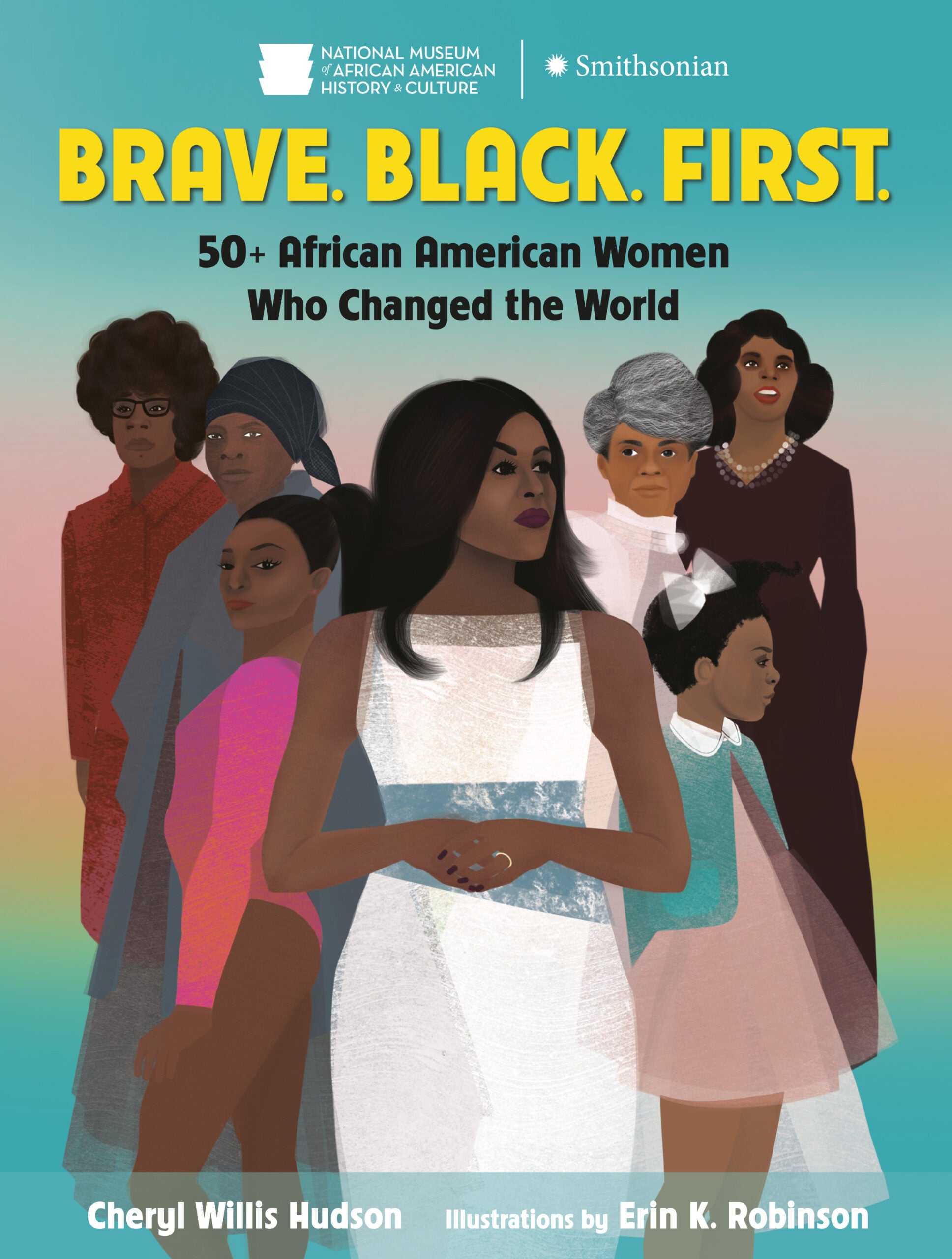Who Is Stacey Abrams? In 2020, Stacey Abrams was invited to speak at the Women of Distinction Breakfast that was held by the Girl Scouts of Greater New York. During her virtual speech, she talked about the legacy of Juliette Gordon Low (the founder of the Girl Scouts) and her idea that young girls are the “makers” of history. Stacey said that Girl Scouts “gather the principles of speaking truth to power.” But what does that mean? Speaking truth to power can mean calling out injustice, demanding change, and courageously speaking up for what’s right—-especially to people in authority or those who have political power. Stacey Abrams—-who had once been a Girl Scout herself—-took this idea very seriously.
Stacey went on to say that Girl Scouts are dedicated to leading lives of service and justice. And Stacey is living proof of that. She had joined protests as a college student, became a lawyer to better understand the rights of all people, and helped create laws to protect them.
In her speech, she also talked about how Girl Scouts do so much more than earn the badges you see on their uniforms. They volunteer in their communities and work hard to serve others. And this is very true of Stacey. She wanted to make sure people in her community in Georgia had the opportunity to register to vote in future elections, including the 2020 presidential election. During this time, as a champion of voting rights, she often spoke to young people about the importance of using their voices—-and their votes—-to fight for change. Stacey did not know it then, but her dedication to serving others was about to leave an enormous mark on the entire nation.
Chapter 1: The Road to Georgia Stacey Abrams was born on December 9, 1973, in Madison, Wisconsin—-a state that, at the time, did not have a large population of Black people. The first Black person to live in Madison was an enslaved woman who was brought there in 1839 by the person who enslaved her, James Morrison.
The Black population had not grown much a century and a half later when Stacey’s parents, Robert and Carolyn, moved to Madison from their hometown of Hattiesburg, Mississippi. The high--school sweethearts had only been back in Hattiesburg a few years, after graduating from college, when Carolyn Abrams was accepted at the University of Wisconsin–-Madison (UW–-Madison). The young couple was very excited about Carolyn being able to earn her master of library science degree at UW–-Madison. After the move, Stacey’s father worked hard to take care of his growing family while his wife finished school.
Stacey—-the second--oldest child—-and her sister Leslie both were very small when their mother fulfilled her dream of becoming a librarian. In 1977, Stacey’s parents decided to move to Gulfport, Mississippi, after Carolyn got a job as a librarian at William Carey College. Sometimes the children went with their mother to work. They had to keep quiet, so they would sit on the floor and read. Their home was also filled with books for the children to read. They enjoyed reading the World Book Encyclopedia.
When Stacey’s father arrived home from his job at the shipyard, the Abrams family gathered around the television after dinner. They frequently watched an educational television station called the Public Broadcasting Service (PBS), so Stacey and her siblings were able to keep up with current events, politics, Black culture, and other cultures around the world.
Although both parents worked very hard and their family was never without food, they were often short on money and needed to take on extra jobs to earn more. In addition to his regular job, Robert cut tree limbs for neighbors and cleaned parking lots for local businesses. At one point, Carolyn and Robert managed their aunt’s restaurant. Over the next few years, the Abramses welcomed two sons, Walter and Richard, along with a daughter, Andrea, to their family.
Robert and Carolyn insisted that their children do three things: go to church, go to school, and take care of one another. All the children, who said they were best friends, were very smart and made good grades, but when it was time to play, Stacey was different. While her sisters and brothers liked running around outside, she would sit inside reading books. She loved speaking at church and at school. Stacey entered several spelling bees, and she was very proud when she won in the sixth grade.
Even though the Abrams children were great students, Carolyn and Robert knew that having a good education did not mean that white people would see them as equals. In the United States, Black people and other minorities were not being treated fairly simply because of the color of their skin. But Stacey’s parents believed that voting was a sure way for them and other Black people to be heard and to make changes in their communities. They often brought their children with them to the polls so they could witness their parents voting. And despite having money for only their essential needs, the family always found ways to serve people who had less than they did. They would make trips to prisons to participate in outreach programs and donated food to homeless shelters. Stacey’s parents would encourage the children to work in soup kitchens where free food was given to those who could not afford to buy it. These trips helped to shape Stacey’s life before she was old enough to realize it.
When Stacey was in high school, the Abramses moved to Atlanta, Georgia, so that Robert and Carolyn could attend Emory University. Both parents were now students at the seminary school to learn more about the Bible, God, and the Methodist religion, in preparation for becoming ministers. Now that her parents were in school, the entire house was filled with students.
Stacey was an excellent student at Avondale High School. Along with her sisters and brothers, she continued to be a devoted reader. Stacey had also become interested in writing. While still in high school, she landed a job as a typist for a congressional campaign. She was very excited to work for a candidate who could possibly become a member of Congress and help make laws for the nation. The staff was so impressed with the edits Stacey made to a speech she was typing, they offered her a job as a speechwriter when she was only seventeen years old.
In 1991, Stacey graduated, and her parents looked on proudly as she gave her speech as the first Black valedictorian—-the student with the highest grades in the graduating class—-in the school’s history!
The family was thrilled when they learned that all Georgia valedictorians were invited to a reception with Governor Zell Miller. They beamed with joy as they rode the bus to the beautiful Governor’s Mansion, which is located in the wealthy area of Atlanta known as Buckhead. Their happy moment was nearly ruined when a guard at the gate tried to turn them away because he assumed a young Black woman would not be the valedictorian for her class. The staff apologized, but it left a bad memory in the minds of the Abrams family, especially young Stacey.
“I don’t remember meeting the Governor of Georgia. . . . The only thing I remember is a man blocking the gates . . . telling me that I did not belong.”
Copyright © 2022 by Penguin Random House LLC. All rights reserved. No part of this excerpt may be reproduced or reprinted without permission in writing from the publisher.




